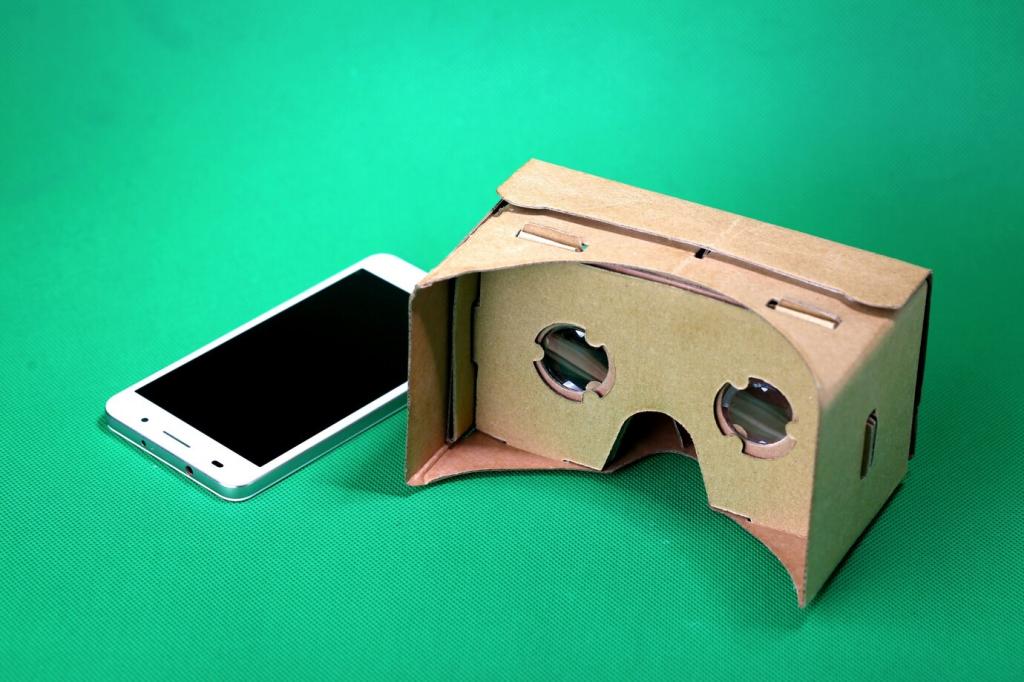Freight Tracking, Reimagined: Technological Advances Deliver Real-Time Truth
From Blind Spots to Live Maps
Yesterday’s status calls and end-of-day spreadsheets have become granular streams of GPS, speed, and sensor events. With live maps, geofences, and dynamic ETAs, teams react faster, prevent delays, and convert uncertainty into timely, confident action.
From Blind Spots to Live Maps
When fog shut a mountain pass, a dispatcher watched live breadcrumb trails, rerouted trucks before the jam formed, and messaged drivers in-app. No panic, no overtime surge, just calm orchestration powered by visibility everyone trusted.
From Blind Spots to Live Maps
Tell us where your blind spots still hide and what a perfect live map would reveal. Comment with your toughest lanes, subscribe for weekly case studies, and help shape features that turn surprises into smooth, shareable wins.




AI models digest seasonal traffic, port congestion, dwell time, and weather systems to forecast arrivals precisely. Instead of chasing delays, teams receive early warnings with probability bands, enabling smarter appointments and fewer hurry-up fees at the dock door.

Signal-to-noise is the difference between attention and fatigue. Rules combine with anomaly detection to escalate only incidents with real customer impact, like temperature drift during compliance windows or chronic lane delays that threaten on-time, in-full delivery promises.

Your labeled feedback makes predictions sharper. Comment with lanes where ETAs often miss, or subscribe to join our private beta that lets you rate alerts, suppress noise, and shape algorithms to match your real-world operational thresholds.
Connectivity: 5G, LPWAN, and Satellites Working Together

Multi-IMSI eSIMs hop carriers automatically, while LPWAN fills gaps in yards and warehouses. When trucks leave terrestrial coverage, modern terminals pivot to satellites, preserving continuity so location and sensor data never go dark mid-voyage.
Blockchain and Verifiable Chain-of-Custody
Signed events link device identity, time, and place to each custody checkpoint. When something goes wrong, immutable logs reveal where, when, and by whom custody changed, shrinking investigations from days of emails to minutes of clarity.

Cold Chain Confidence for Food and Pharma
Saving a vaccine shipment in summer heat
A pharmacy wholesaler received a high-temperature alert minutes after a reefer fan failed. The driver diverted to a service stop, and a backup unit held the setpoint. The load survived, and the dashboard captured every corrective action for auditors.

Open Platforms, APIs, and Interoperability
From scattered tabs to a single source of truth
Modern platforms ingest data from ELDs, TMS, WMS, carrier portals, and third-party trackers, resolving conflicts with clear precedence rules. Teams plan faster when every stakeholder reads from the same, reconciled timeline of events and exceptions.
Digital twins and control towers
A living model of your network tracks assets, inventory, and capacity in near real time. Control towers sit atop this twin, surfacing risks, simulating options, and recommending actions that balance cost, service, and sustainability goals together.
Contribute to open standards
Which APIs do you rely on most Tell us in the comments, subscribe for schema updates, and help advocate for interoperable event models that reduce integration overhead while keeping critical context intact from origin to destination.
